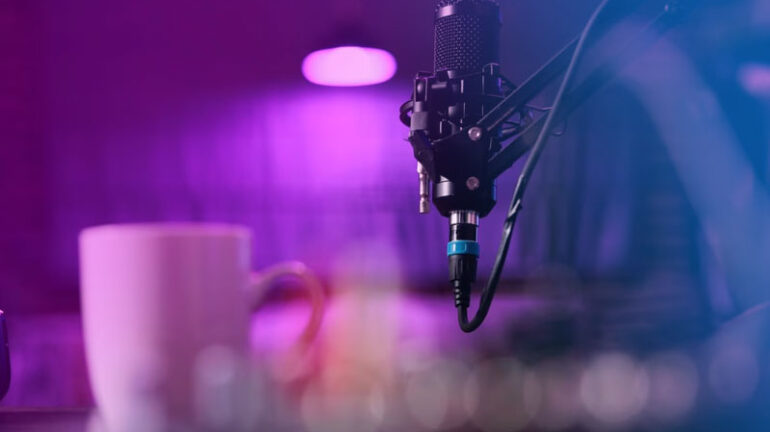
Robotic process automation (RPA) and artificial intelligence (AI) are playing crucial roles in this transformation of the workplace, which is being quickly altered by the integration of emerging technology. How businesses run, automate, and innovate across numerous industries is being transformed by the convergence of RPA and AI. Robotic process automation (RPA) is a cutting-edge technology that enables businesses to automate routine, rule-based operations, freeing up staff members to work on higher-value, strategic initiatives. It involves engaging with digital systems and applications to carry out activities using software “bots” or “robots” that mimic human behavior.
On the other hand, artificial intelligence (AI) refers to the creation of computer systems that can carry out tasks like problem-solving, speech recognition, learning, and decision-making that ordinarily need human intellect.
The Symbiotic Relationship: There is a significant overlap between RPA and AI. While AI contributes an aspect of intelligence through machine learning, natural language processing, and cognitive skills, RPA focuses on automating structured, repetitive processes. When used together, these technologies give companies the ability to automate intricate, end-to-end workflows while making judgments and gaining knowledge from data inputs.
Enabling a More Productive Workforce: RPA and AI integration enables employees to delegate routine and repetitive jobs to bots. In turn, this frees up human resources to focus on activities that call for critical thinking, creativity, and invention. The strategic planning, customer contacts, and problem-solving activities that are crucial for corporate growth and innovation are now available to employees.
Enhancing Accuracy and Efficiency: RPA eliminates the possibility of human error in routine, rule-based tasks, ensuring higher accuracy and reducing operational risks. AI complements this by continuously learning and improving processes, ultimately leading to enhanced efficiency and optimized workflows. The marriage of these technologies can streamline operations, minimize manual intervention, and increase productivity across the board.
Future Prospects: A glimpse
The business world will continue to use RPA and AI, which will change the nature of work even more. Businesses will be able to predict future trends, optimize tactics, and make data-driven decisions thanks to predictive analytics and prescriptive AI. Employees will increasingly work in sync with machines, using AI-powered insights to boost productivity and innovation.
The future of work is being driven by the convergence of robotic process automation (RPA) and artificial intelligence (AI). Together, they have the enormous potential to transform business operations, boost efficiency, and open the door to a brand-new era of innovation and expansion. Adopting these technologies will be essential for maintaining relevancy and competitiveness in the dynamic workplace of the future.